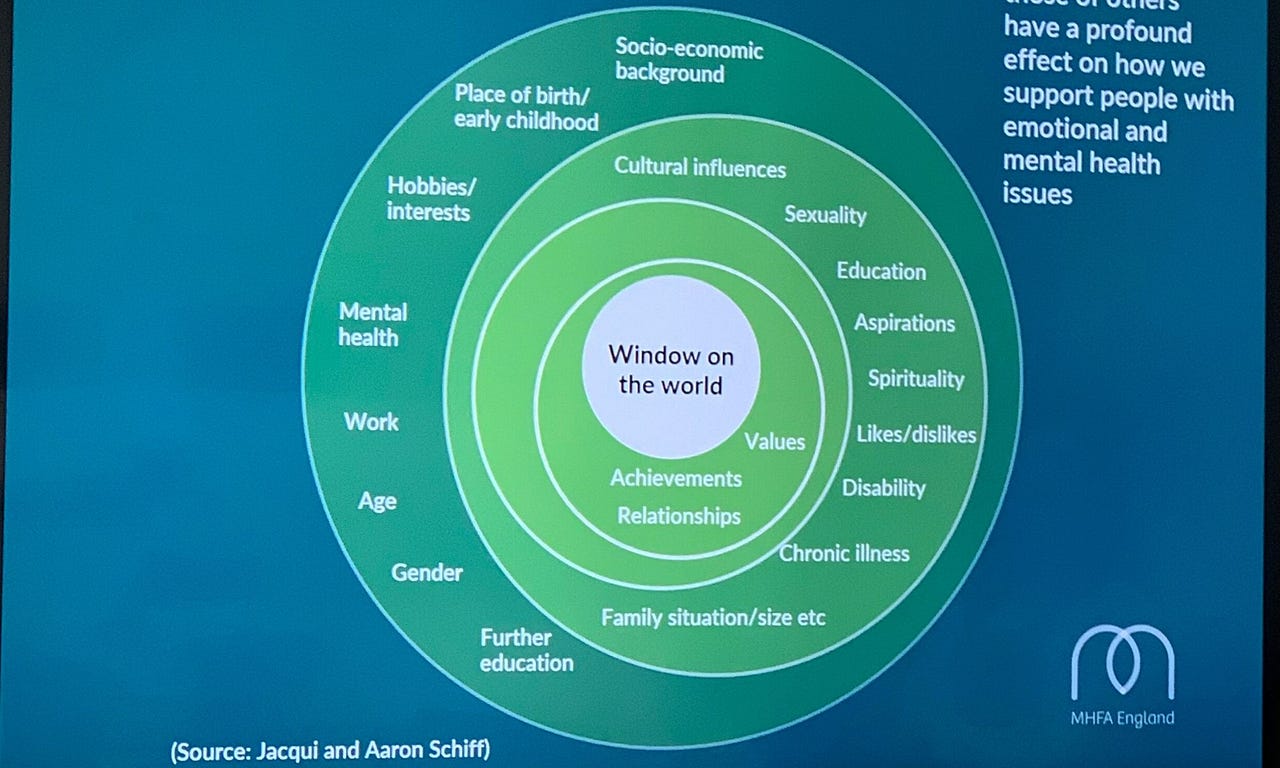Cognitive and emotional intelligence – it’s not all about IQ
19th December, 2022
-
As December comes to an end, which is often filled with festive meet-ups and networking events, I thought I’d reflect on a few of my own learnings and observations. It’s great to see the continued talk and interest about equity, diversity and inclusion, emphasising the importance – don’t worry, I’m not going to sell you the benefits, there’s lots of good stuff out there already. What I’m really interested in, is the action, challenging our own thoughts and behaviours and in turn, creating fairer, more inclusive and diverse lives for us all.
The pensions industry is, I hope you would agree, known for being full of incredibly bright, well educated and knowledgeable individuals. Not quite sure how I ended up here…. Anyway, that’s all great, and I’m not underestimating the need for this level of expertise, but enhancing the value that brings also depends how we interact with one another – be that to our members, in meetings, with our clients and colleagues.
I came across this diagram, which is a helpful reminder that we’re all different and we all have a different frame of reference – what you see on the outside is only a very small part of that person and no two people are the same, even if they look alike. A good friend recently told me of their challenges in the pensions world, and how – yes, they might be a white, middle aged man on the surface, but they have a lot to contribute by way of lived experiences.
I’m no expert in networking, and I’m certainly no expert in cognitive and emotional intelligence. We’re all on a journey, and continually learning. We can learn from each other, not only what people say, but importantly, from their frames of reference. Here are a few of my learnings and observations during December’s networking events:
Notice – take notice of who you’re with – their tone of voice, body language, how they are engaging/if they are engaging – and if you know that person, is it ‘normal’ behaviour for that person? Notice the topic(s) that are being discussed – has it changed, is it relevant to the people in the room? Look at body language, are they paying attention or sat looking at their phone? Notice the amount of time you’re talking compared to others – are you pausing for breath and allowing others to come in to the conversation? Are you asking questions and allowing others to answer, or answering your own question? Perhaps you’re the one sat quietly, listening to others – do you want to contribute, what can you do to get involved?
Don’t assume – just because someone is quiet, it may not mean they don’t want to contribute. On the flip side, being quiet may be perfectly normal and fine for that person, they may feel uncomfortable at such events and be quite content listening in. Equally, making assumptions about their life based on their gender, race, social circumstances may not be appropriate.
Do your homework – Take a bit of time before you meet up to find out about who you’re meeting. LinkedIn is full of interesting information – find the people you’re likely to be meeting, look at what they’re posting and liking to get a feel for their interests. Indeed, not being active and/or being on LinkedIn may also help you to get to know the person. It’s not spying, nor is it being nosey, you’re showing an interest to be able to make your meeting relevant and make your guests/attendees feel valued and included.
Be curious – Be open to others differences, respect them and learn from them. If they’re not like you, that’s fine, you’re more likely to learn from people that are different, and it will help to broaden your own frame of reference. The world would be a boring place if we were all the same, and perhaps, very scary! I’ve heard many a time that people don’t know what to say and are scared of saying the wrong thing. Said in the right way, and with the right empathy, it doesn’t matter if you say the wrong thing – as long as you say it in a way which demonstrates you value what they are saying and are ready to learn.
A lot of this relates much wider than networking and can be applied to many aspects of our daily lives. Think about your interactions with your colleagues, clients, advisers, friends and family – spending a bit of time to be cognitively and emotionally aware can make the difference between inviting someone to the party and inviting them to dance at the party to their choice of music…..
Share article:-
Published bySarah Brennan
Sarah is an experienced accredited professional pension trustee, starting in the pensions industry in 2003 in pensions administration. Acts as a Professional Trustee since 2013. Currently leads on a number of clients, ranging in asset size of £7m-£155m and particularly...
-
Get in touch with us
Call us on 028 9041 2018 or fill out the form below and someone will get back to you.




